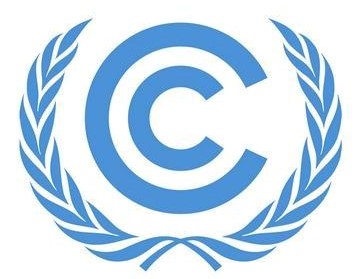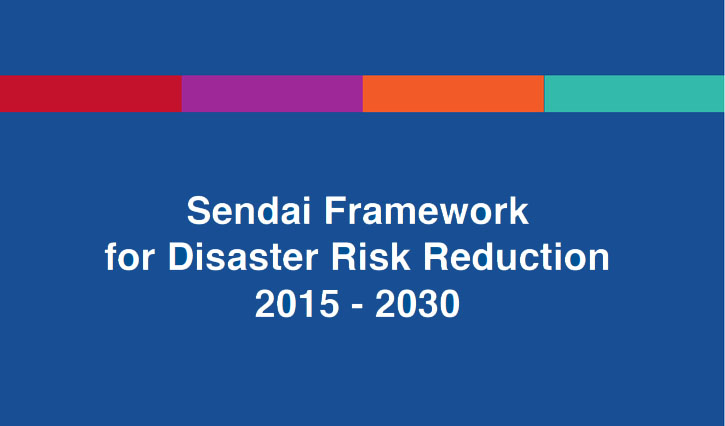The Center participated in the discussion of the future UN Sustainable Development Cooperation Framework for 2026-2030
On October 8, 2024, a Strategic Prioritization Workshop took place in Astana, focusing on defining key priorities for the upcoming UN Sustainable Development Cooperation Framework for 2026-2030. Discussions focused on how the UN will support Kazakhstan's national development over the next five years, identifying priorities and necessary actions to achieve the Sustainable Development Goals (SDGs) with six years remaining until 2030.
The workshop included over 100 participants from various sectors, including government agencies, non-governmental organizations, academia, think tanks, and the private sector. Special attention was given to accelerating progress and identifying points where the UN can provide the most impact in assisting Kazakhstan achieve its national goals. Additionally, the workshop addressed the financial and non-financial commitments required for achieving the SDGs in the country.
The Cooperation Framework is the UN’s guiding document and roadmap for all its activities in Kazakhstan. It outlines how resources will be allocated to advance the SDGs and highlights collaborative efforts between the UN, government, civil society, private sector, and other stakeholders to accelerate progress on the 2030 Agenda for Sustainable Development.
Anuar Sarmantaev, Deputy Director of the Department of Multilateral Cooperation at the Ministry of Foreign Affairs of Kazakhstan, noted that current progress does not meet the requirements for achieving the SDGs, with only 17% of goals are on track, nearly half are showing minimal or moderate progress, and more than a third has stagnated or regressed. He emphasized that without significant action, achieving the SDGs will remain unattainable, especially in light of the impact of the Covid-19 pandemic, geopolitical tension, and growing climate challenges. He highlighted the importance of the UN Framework for 2026-2030 as a key plan for join efforts to achieve the 2030 Agenda for Sustainable Development. He stressed that all parties must set ambitious goals and work towards their implementation, identifying digital transformation as an important driver of the 2030 Agenda.
Ms. Katarzyna Wawiernia, Acting UN Resident Coordinator/UNDP Resident Representative in Kazakhstan, emphasized that the SDG targets reflect the everyday realities of people and that it is crucial to use the remaining five years to accelerate their achievement. She also commended Kazakhstan for its multilateral approach and active efforts to integrate the SDGs into national development plans, including the establishment of the Coordination Council for the SDGs by the Government of Kazakhstan to monitor progress. Kazakhstan ranks 66th out of 166 countries in the SDG Index, and while progress has been made, there is still much work to be done.
Kurtmolla Abdulganiyev, head of the UN Resident Coordinator's Office in Kazakhstan, provided detailed information about the UN activities in the country, where 27 specialized agencies operate, 20 of which are active within two hubs - in Astana for national-focused work and in Almaty for regional initiatives. He emphasized that the UN's primary focus is on collaboration with the government in policy development rather than large-scale humanitarian activities, which are less relevant for Kazakhstan as for middle-income country. He also noted that the UN actively supports the adoptation of international standards across various sectors, including agriculture, disaster risk management, human rights protection, and more.
During the workshop the focus was on targeted group discussions regarding priorities to determine subsequent actions for ensuring resilience. The Center presented initiatives aimed at creating a Regional Early Warning System and establishing a Regional Coordination Center for Emergency Response, to enhance the resilience of Central Asian countries to disasters and adapt to climate change, emphasizing the UN's focus on promoting a regional approach that takes national specifics into account.
The head of the UN Resident Coordinator's Office in Kazakhstan personally noted that the Center is a long-standing and important partner for many UN agencies, and the Centers’s involvement as a key partner in the discussion of the UN Cooperation Framework on the component of disaster risk reduction and climate change demonstrates a common commitment.


















